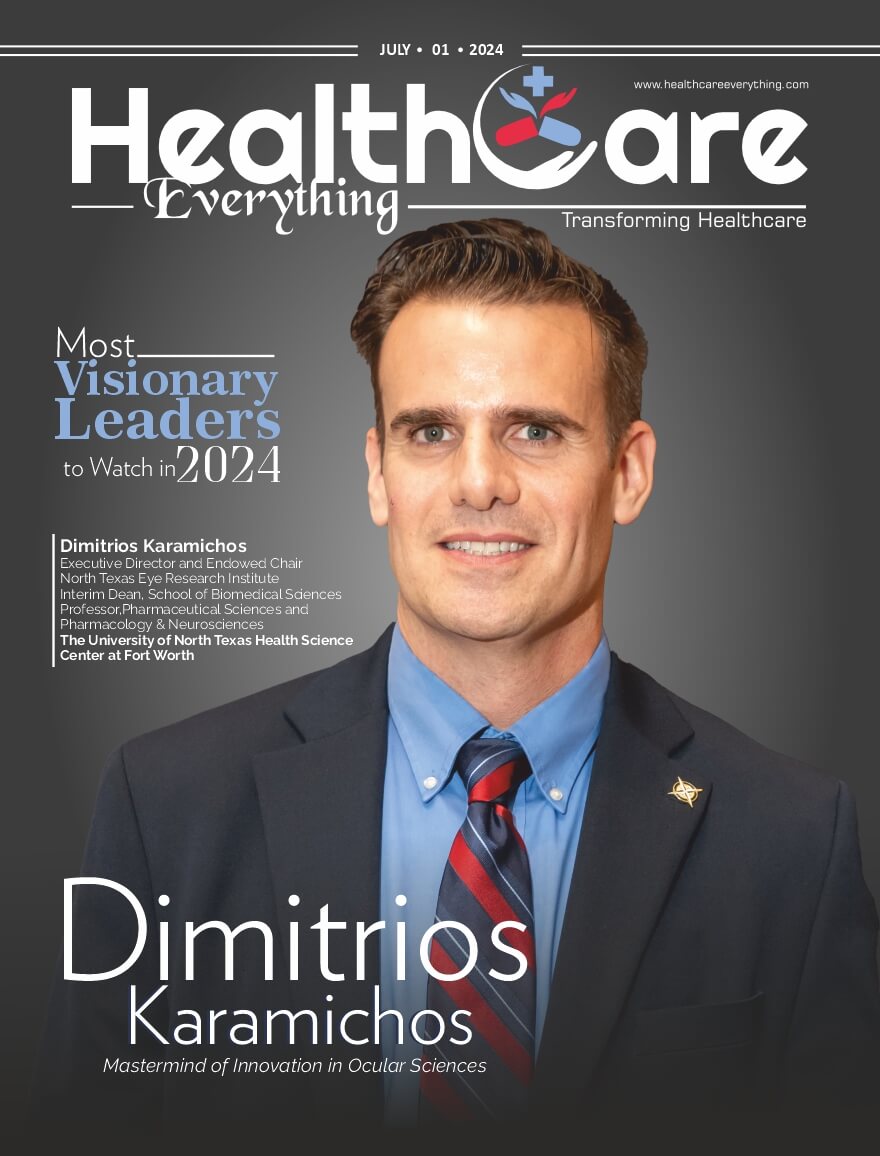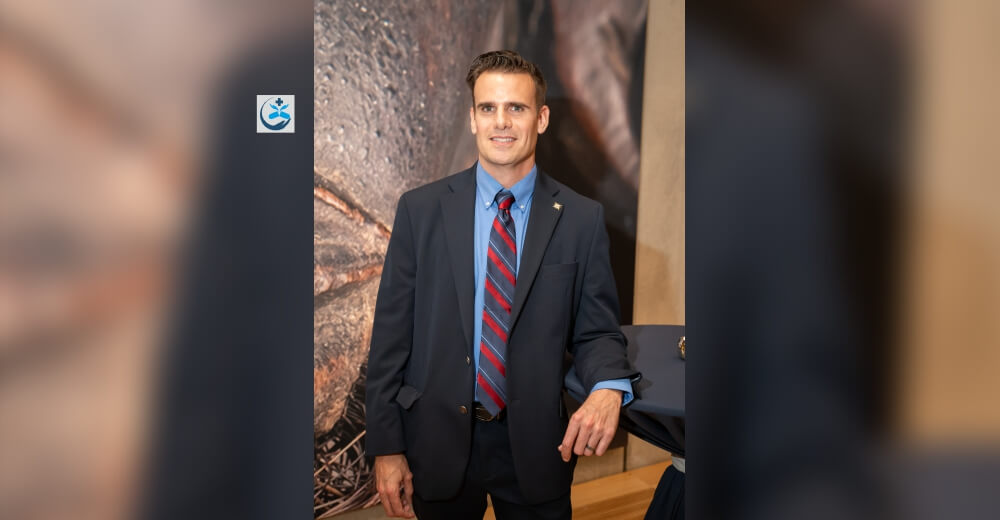The Chicago Department of Public Health is issuing a warning about an uptick in cases of meningococcal disease, a rare but serious bacterial infection. This year, Chicago has recorded eight cases, a significant increase compared to an average of one to three cases per year between 2017 and 2022.
Out of the eight cases reported this year, all involved bloodstream infections, and tragically, four individuals have died, according to the health department. Chicago reported seven cases of meningococcal disease in 2023, and the recent rise aligns with national trends.
Meningococcal disease infects the lining of the brain, spinal cord, and bloodstream, leading to severe illness and, in some cases, death. Prompted by this concerning trend, the Centers for Disease Control and Prevention (CDC) has issued a health advisory
Chicago’s Health Commissioner, Dr. Olusimbo “Simbo” Ige, emphasized that staying up-to-date on vaccinations is the best protection against meningococcal disease. “We are monitoring this situation very closely and so far have identified no common exposure among Chicago cases,” Ige stated. “While cases remain very rare, we want people to be aware because the outcomes can be so severe.”
According to the health department, meningococcal disease disproportionately impacts people aged 30-60 and the Black community. Most cases initially present as bloodstream infections and spread through respiratory means initiated by close contact.
It’s important to note that meningococcal disease is not nearly as contagious as influenza or COVID-19. Symptoms may include flu-like symptoms that worsen rapidly, fever, chills, fatigue, cold hands and feet, severe aches and pains, rapid breathing, and, in later stages, a dark purple rash.
The health department recommends that teenagers receive the meningococcal vaccine at 11 or 12 years old, with a booster dose at 16. Others who have not been vaccinated should consult with their doctor about getting the vaccine.
Read More: Click Here







